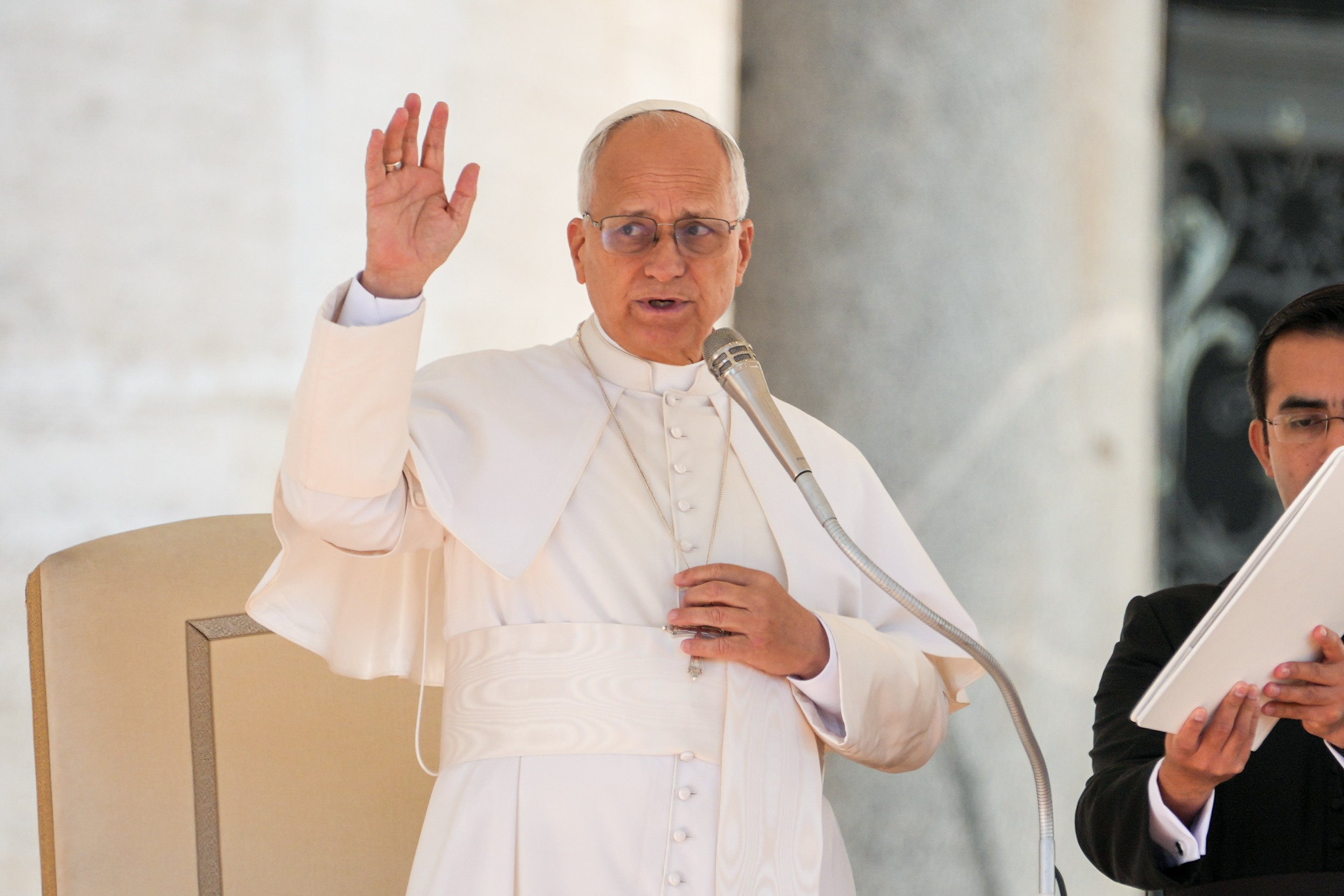April 6, 2018 at 1:53 p.m.
WORD OF FAITH
Transforming our lives
'The things you have prepared, whose will they be? So it is with those who store up treasures for themselves but are not rich toward God.' - Luke 12:20-21
This weekend, we're introduced to Scripture's classic curmudgeon, Qoheleth. Though this author of Ecclesiastes (1:2; 2:21-23) is a believing Jew, he isn't a fan of some of the other authors of the Hebrew Scriptures.
He's especially critical of any writer who claims that Yahweh always rewards the good and punishes the evil in this life. According to his observations, such a naive theological statement simply isn't backed up by the facts.
As an example of this false reward/punishment reasoning, he presents "one who has labored with wisdom and knowledge and skill, and yet to another who has not labored over it, he must leave his property....What profit comes to us from all the toil and anxiety of heart with which we have labored under the sun?"
No wonder he concludes, "All things are vanity!" In other words, since there's little value to anything we do in life, we might as well enjoy it while we can.
Jesus agrees
In many ways, the historical Jesus could have identified with Qoheleth: He also wanted His followers to truthfully reflect on the world around them. Like the author of Ecclesiastes, He points out in Sunday's Gospel (Luke 12:13-21) how ridiculous it is to spend one's whole life acquiring wealth when, in a split second, all your money and all your possessions could be ripped out of your hands by death.
As a first step in surfacing God's kingdom around us, Jesus warns, "Take care to guard against all greed, for though one may be rich, one's life does not consist of possessions." We should never "store up treasures for [ourselves], but [should become] rich in what matters to God."
Just what makes us "rich in what matters to God?" The author of our Colossians (3:1-5,9-11) passage provides us with at least an entry-level answer to that question.
Following the insights of Paul, his mentor, the writer reminds his community, "You have died, and your life is hidden with Christ in God. When Christ who is your life appears, then you, too, will appear with Him in glory."
Die to self
What parts of us are to die? Those that are "earthly: immorality, impurity, passion, evil desire and the greed that is idolatry." Among other things, we're to "stop lying to one another." We should never be ashamed to let people see us as we are, especially since we've "taken off the old self with its practices and have put on the new self, which is being renewed for knowledge, in the image of its creator."
Instead of trying to amass material wealth, we are now, as followers of the risen Jesus, expected to amass relationships which help us become one with all around us. In the new world we're creating, "there is not Greek and Jew, circumcised and uncircumcised, barbarian, Scythian, slave, free; but Christ is all and in all."
Other Christs would agree that Qoheleth's pessimistic observation of the world was right on - as far as it went. They dare to go one step further.
If one looks only at this world without a vision of what this world can become, then life is useless. But if, as Jesus taught and lived, one looks at this world as a place in which God is embedded in everything and everyone, not only people and things around us, but also our own lives are transformed into the most terrific experience a person could have. [[In-content Ad]]
SOCIAL MEDIA
OSV NEWS
- Pope offers prayers for the Philippines and for peacemakers
- Dig deep and work patiently to keep church on solid foundation, pope says
- Portland archbishop on ICE: Human dignity comes from God, not government
- Christian hope shows the earth can resemble heaven, pope says
- Washington Roundup: Election shifts; Venezuela vote; transgender passports, and more
- Novel highlights power of art and music as a salve to troubled humanity
- Supreme Court sides with Trump administration to temporarily block full funding for SNAP
- Former diocesan fundraising director indicted on wire fraud for alleged 6-figure theft
- Love is key to church’s mental health ministry, says bishop who lost family to suicide
- Caring for creation is part of peacemaking, pope tells COP30







Comments:
You must login to comment.